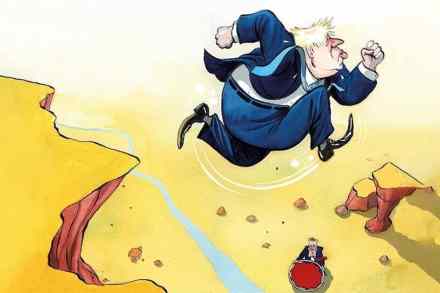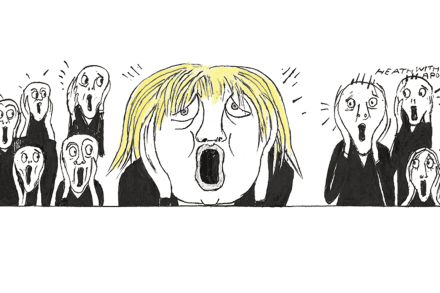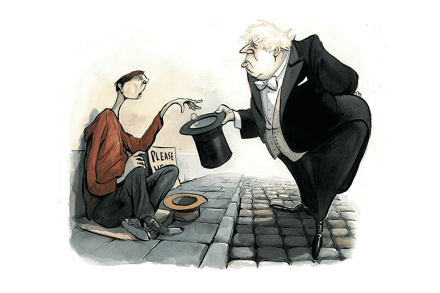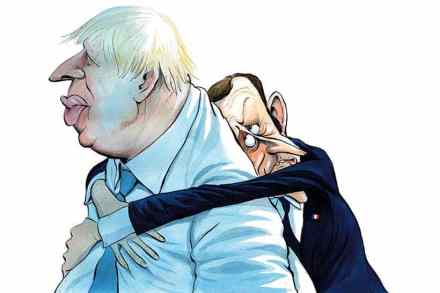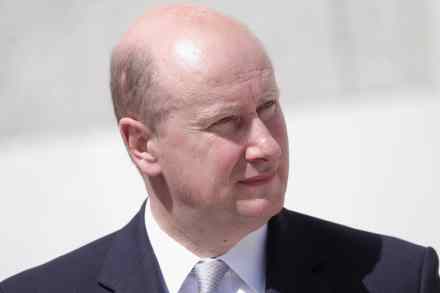The by-elections are a disaster for Boris
Boris Johnson is suffering a further blow to his leadership this morning after the Conservatives lost two by-elections overnight. Labour took Wakefield from the Tories by 4,925 votes – a swing of 12.7 per cent. Meanwhile, the Liberal Democrats managed to overturn a Tory majority of 24,239 in Tiverton and Honiton – beating the Conservatives by 6,144 votes, with a swing of nearly 30 per cent. Tory MPs with seats where the Lib Dems are the second largest party will be particularly nervous The opposition leaders have been quick to herald their successes. Labour’s Keir Starmer has said the result is ‘a clear judgement’ on the Tory government while Liberal
